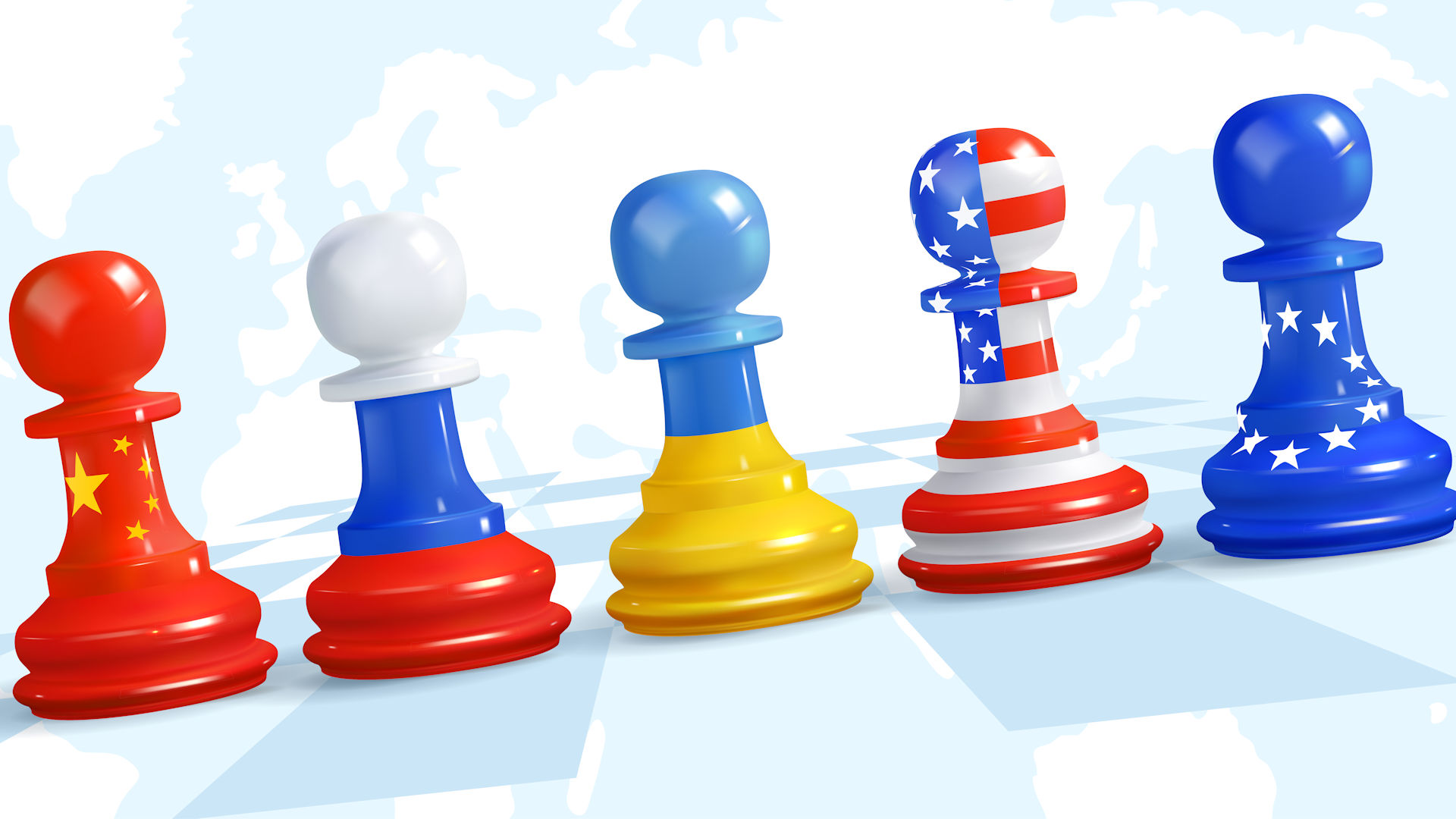
We are living through the third inflection point in global politics in the last half century, one tragically punctuated by the war in Ukraine.
By Gregory F. Treverton
NOTE: The views expressed here are those of the author and do not necessarily represent or reflect the views of SMA, Inc.
The previous two were the end of the Soviet Union and 9/11. Both of those seemed to come with a user’s guide, which wasn’t entirely right but wasn’t entirely wrong either. For the end of communism, it was “take a vacation, America, you’ve earned it fighting the Cold War;” for 9/11 it was “fight them over there so we don’t have to fight them here.”
For this third inflection point, though, there is no guide, and applying labels like “new Cold War” is unhelpful in thinking about relations with either China or Russia. Before the war in Ukraine, the world seemed to be headed toward two loose “tag teams” or “clubs” around China and the United States, not as bounded groupings like NATO and the Warsaw Pact during the Cold War, and with much more economic interchange across the two but still with considerable shifting of sides and more hedging of bets. The question for the future is whether the war in Ukraine will alter those emerging geopolitics. The answer will take time of become visible, but from today’s perspective the answer seems “not dramatically.”
The roots of the Ukraine war are a tangle including some “might have beens”—none of which, however, remotely justified Russia’s all-out, unprovoked attack.[1] The early hallmarks of the war were Putin’s brutal miscalculation and the unity of what we used to call “the West.” That Europe and America joined quickly in responding firmly—with Germany moving further in two weeks than in previous decades—suggests new possibilities for a coalition of democracies. The question is how real those possibilities are, and on that score, there are grounds for skepticism.
First, the coalition was mostly the closest allies of the United States. African and Asian states joined United Nations votes condemning the invasion but did not join in sanctions. India, Israel, and the Gulf states sat firmly on the fence, seeking to reap the windfall of cheap Russian oil. Second, the strains within the coalition, especially over oil from Russia, are all too visible. To be sure, the war has given new life to NATO—hardly the outcome Putin could have intended!—as Sweden and Finland joined. For more than a decade I was a visiting fellow in Stockholm and would have bet that the two countries would approach NATO but always find reasons not to join. Putin gave them one.
If not a global coalition of democracies, what about the opposite, a tighter gathering of autocracies and illiberal democracies, and in particular a more strategic alliance between Russia and China? That, too, seems not in the cards. Many of the aspiring autocrats are ethno-nationalists, so seeing Russia not only trample on Ukrainian sovereignty but deny Ukrainian nationality was at least embarrassing. For its part, China too suffered the discomfort of having its friend Russia violate sovereignty and non-intervention, cherished tenets of the Chinese Communist Party going back to the days of the Third World. And Russia would be the junior partner in any strategic alliance with China, which seems no part of Putin’s imaginings.
Finally, it is hard to see how any outcome of the war can be other than bad for Russia itself, with sanctions remaining in place, NATO strengthened, its members increasing defense spending, while Russia is regarded as a pariah in much of the world. The war surely was a bane for the environment in the short-run, as countries scrambled to increase sources of fossil fuels, but it will be a boon in the longer run, for it will accelerate the move away from those fossil fuels—and especially away from Russian gas and oil. The war also represented a pivot by Russia toward Europe and away from its far east, which can only tempt China to increase its commerce and presence there. Putin’s dream of empire could well end in disintegration. The fate of the Soviet Union may be his legacy.
[1] I discussed the “might have beens” in “The Geopolitics of the War in Ukraine,” at https://smawins.com/news/the-geopolitics-of-the-war-in-ukraine/.